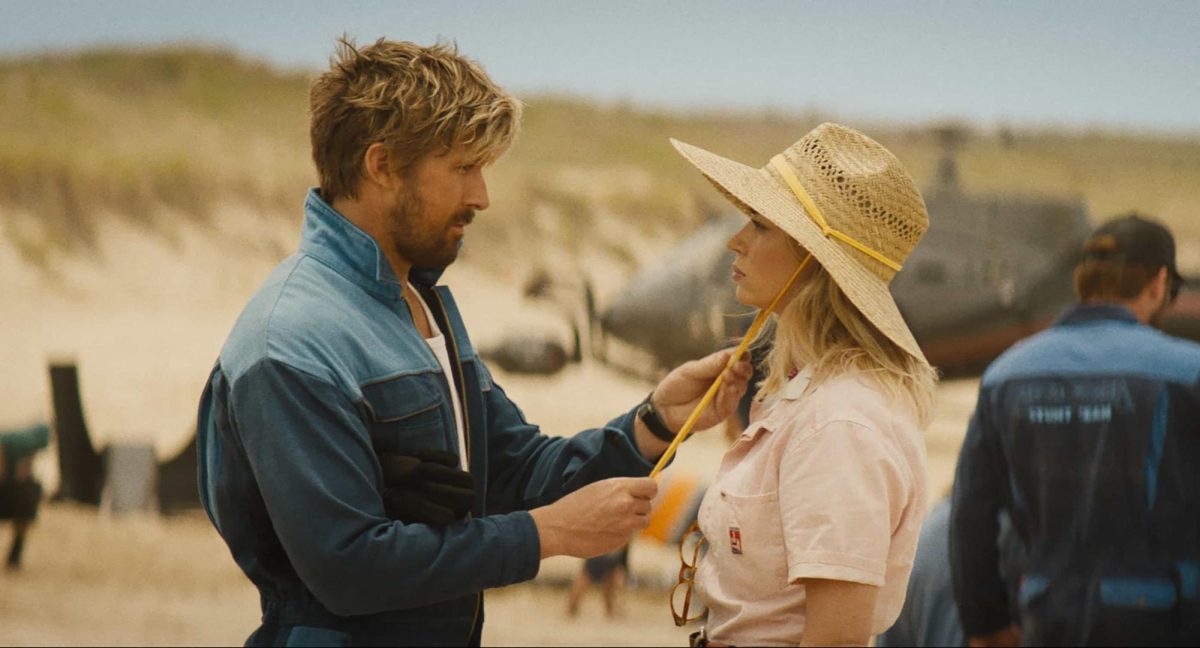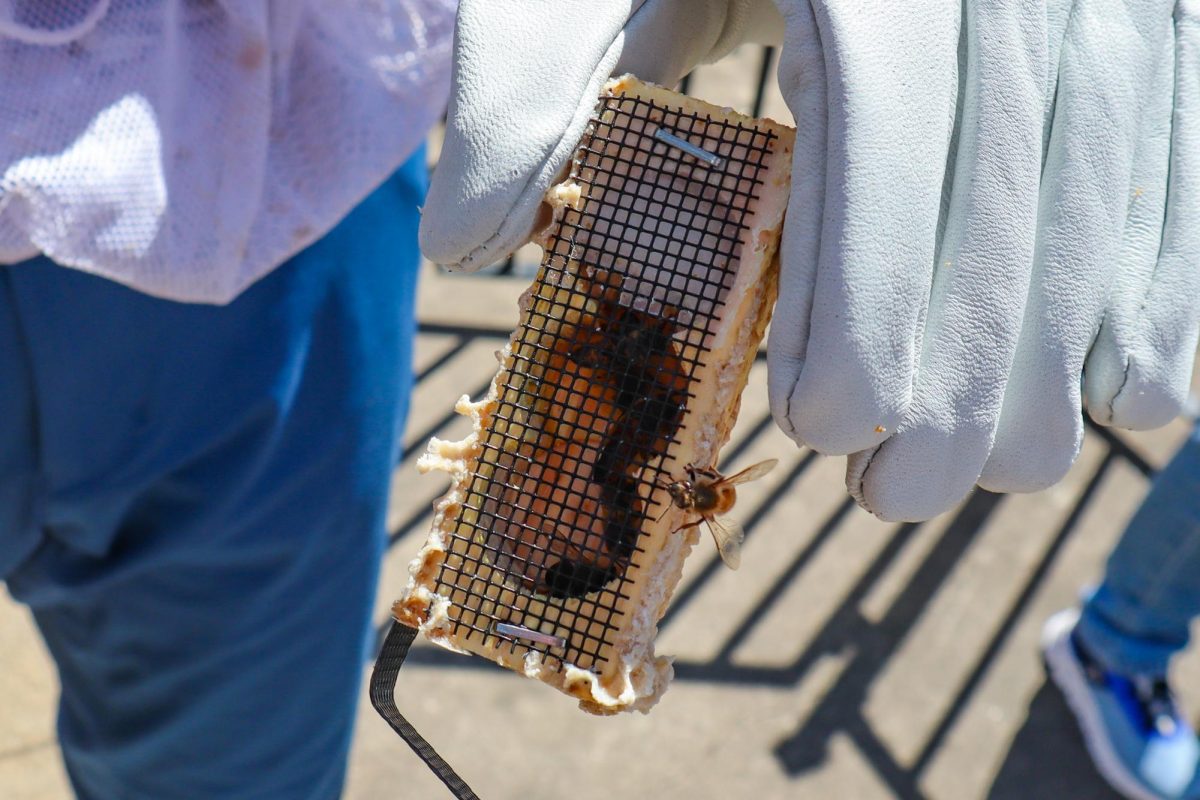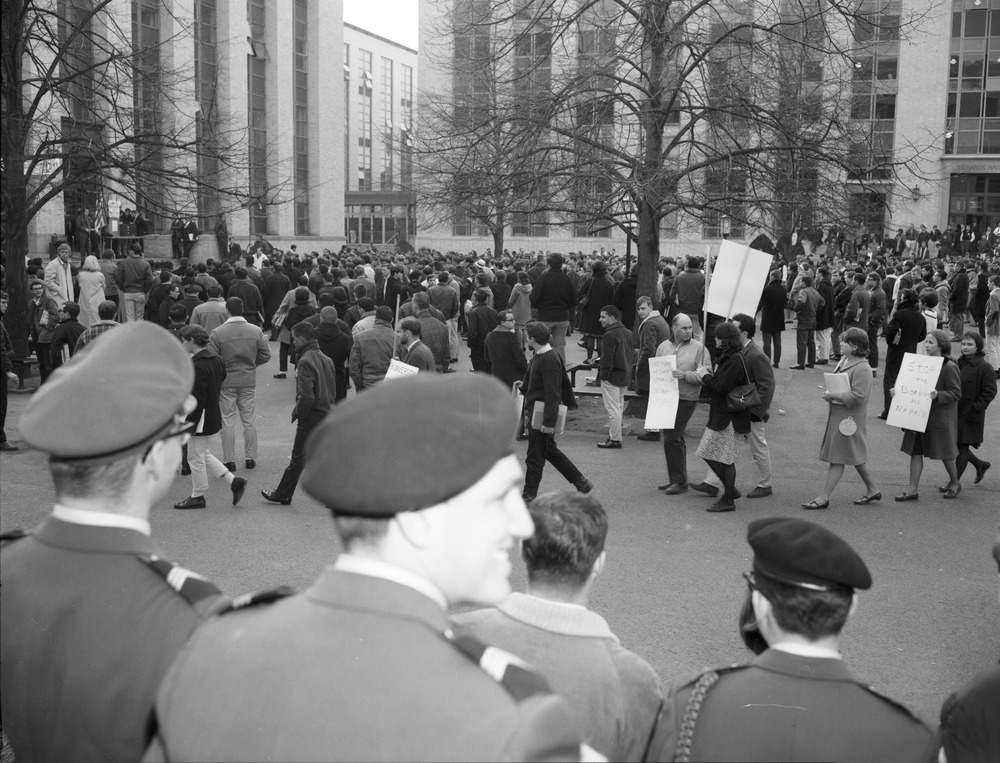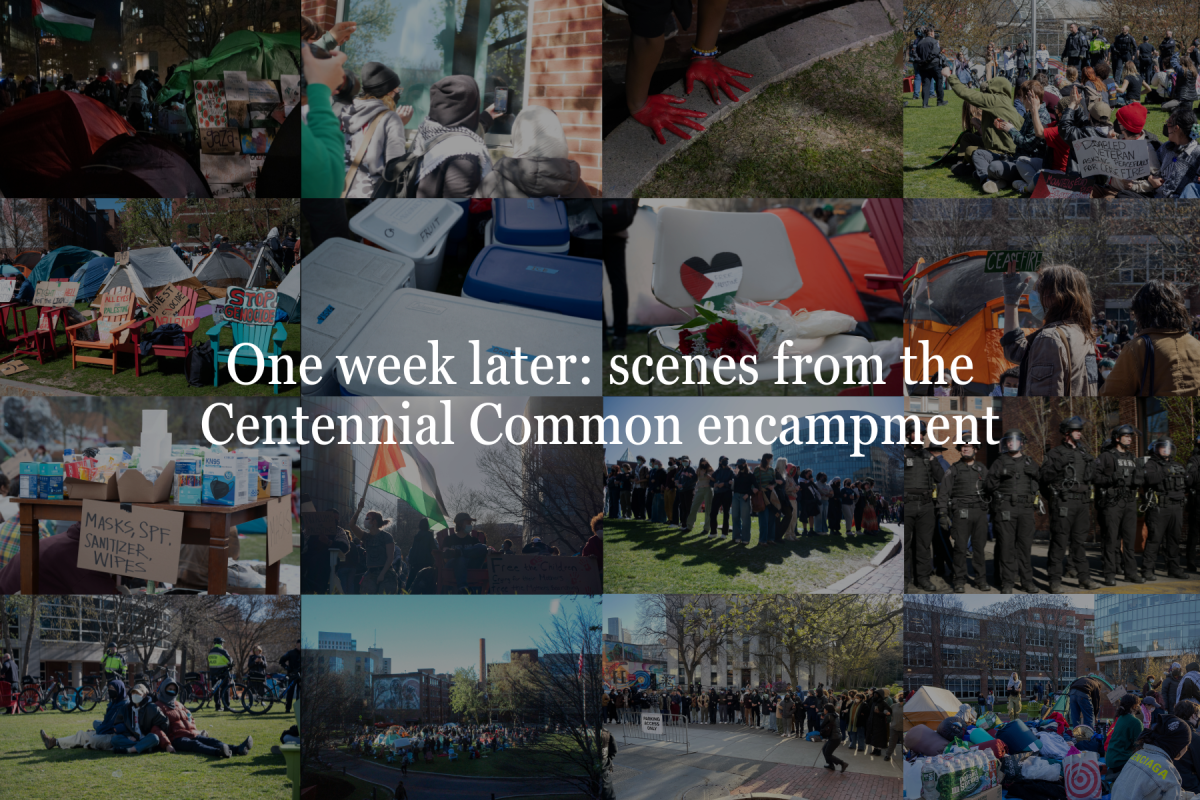Remember in the opening scenes of “Indiana Jones and the Last Crusade,” when the delectable River Phoenix made it his mission to get the cross back from the 1920s pirates because, “it belongs in a museum?”
Unfortunately, that was a movie and Harrison Ford won’t be going to Iraq where something incredibly tragic happened during the recent “liberation,” or looting time. The Baghdad Museum of Antiquities was robbed of its statues, golden bowls, manuscripts and other treasures from ancient Mesopotamia – where modern Iraq is today.
Because of the lack of attention and priority from President Bush and the U.S. military, priceless works of art are now worth little to nothing. These rare items will end up in private collections or someone’s home, not to be enjoyed by the general public again.
One positive thing I can say for Saddam Hussein, however rare, is that he had an appreciation for ancient history and preserving the past, but then again, so did Adolf Hitler. It’s such a shame that this had to happen. It also happened in the first Gulf War, and very few pieces have been recovered. The same fate is predicted for the Mesopotamian artifacts.
Because of the incident, three members of the White House Cultural Property Advisory Committee have resigned in protest.
“The tragedy was not prevented, due to our nation’s inaction,” Martin E. Sullivan, the committee’s chairman and head of a historic commission in St. Mary’s, MD, wrote in his letter of resignation.
The other two members, Richard S. Lanier and Gary Vikan, work as the director of a New York foundation, the Trust for Mutual Understanding, that deals with relations between the U.S. and Eastern Europe and as the director of Baltimore’s Walters Art Museum, respectively.
According to the men, American scholars told the State Department about the location of the Iraqi museums and historic sites.
Lanier criticized, as seen on cnn.com, “the administration’s total lack of sensitivity and forethought regarding the Iraq invasion and the loss of cultural treasures.”
Later in the article, it noted White House spokeswoman Claire Buchan saying that the United States “in liberating Iraq worked very hard to protect infrastructure in Iraq and to preserve the valued resources of Iraq for the people of Iraq.”
The oil was strictly protected by the security of U.S. forces, but this art was never held in the same light as this natural resource.
Even locally a similar theft occured. The Isabella Stewart Gardner, at 280 The Fenway, experienced its own theft in March 1990. Among the items stolen, by thieves who were allegedly dressed up as policemen, were works from Rembrandt and Vermeer. The museum still houses the frames where the paintings once hung, a silent reminder of an unfortunate theft.
This isn’t the Thomas Crown Affair, like the 1968 movie and its 1999 remake about a millionaire who steals priceless works of art and their reward is a beauty like Faye Dunaway or Rene Russo.
Theft of these works of art has a penalty, if convicted, the perpetrator could spend years in prison.
The museum should have been protected and guarded under the tightest scrutiny, but instead focuses were shifted because of the threat to natural resources and, during all that protection, an unsung resource was lost.












